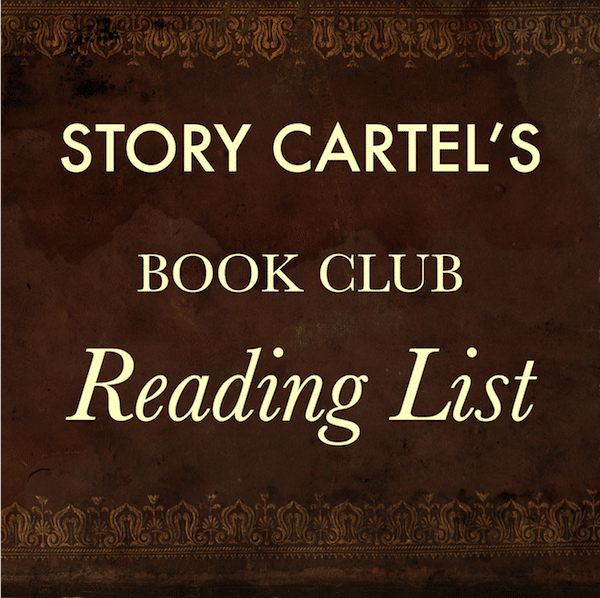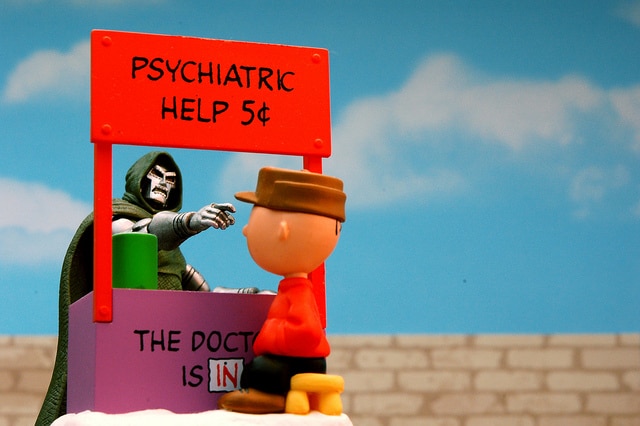This month, we’re partnering with Story Cartel to host the Covering the Classics Contest (wow, that’s a lot of C’s), a contest to re-imagine the covers of ten classic books. This is part of Story Cartel’s new book club, an online community to read and discuss the classic books of yesteryear.
By the way, if you want to brush up on the classics, plus get ten classic books completely free, you should check out the Story Cartel Book Club.
If you could re-imagine the covers of classic books, what would they look like? This is your chance to put your personal mark on some of the world’s most revered books. Sound interesting? Read on for the rules…







